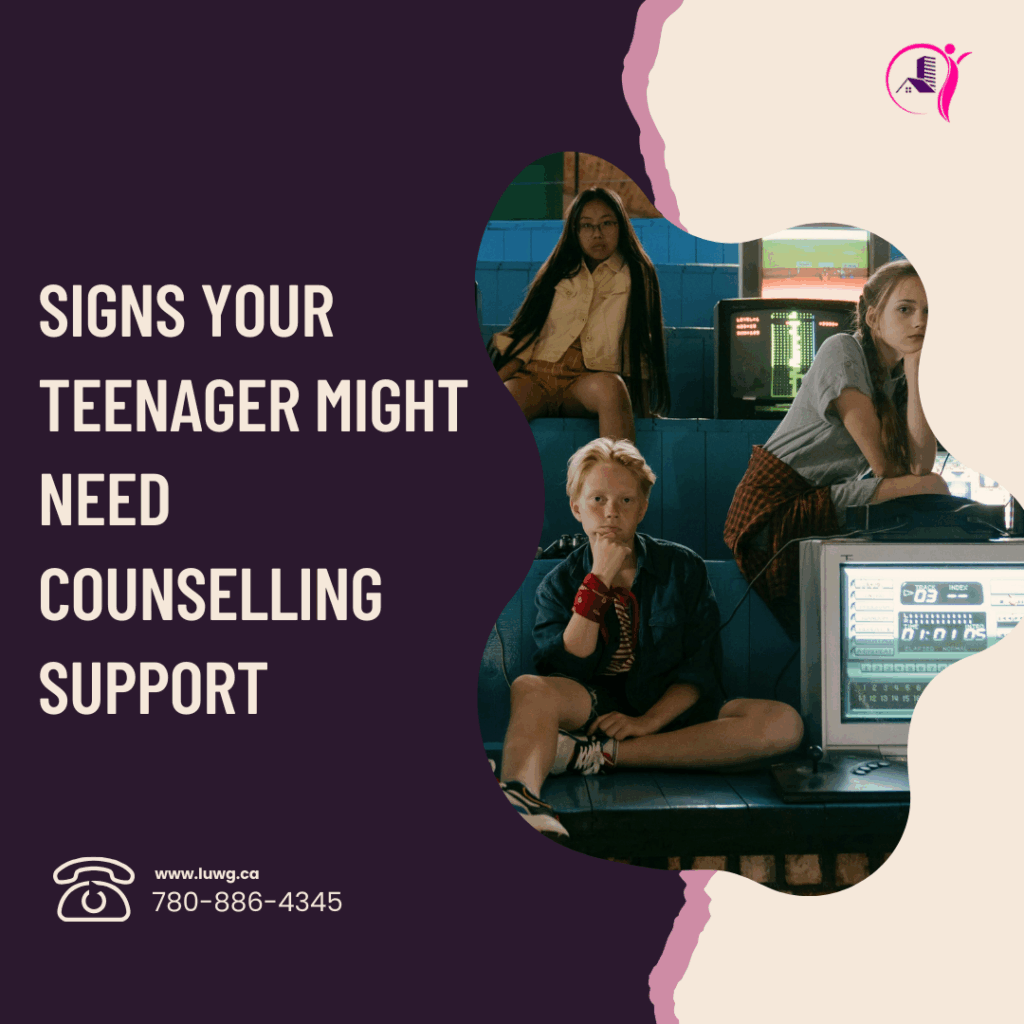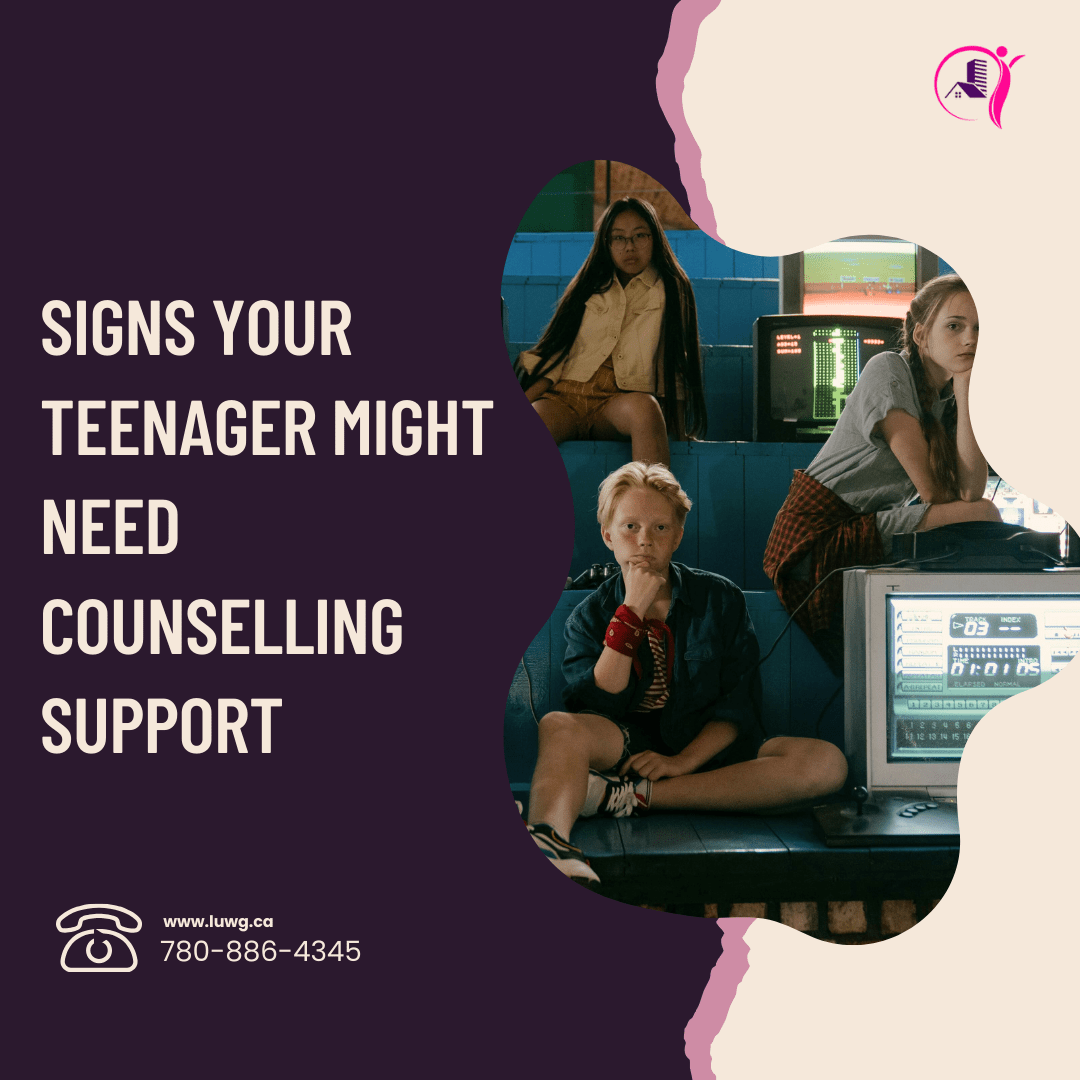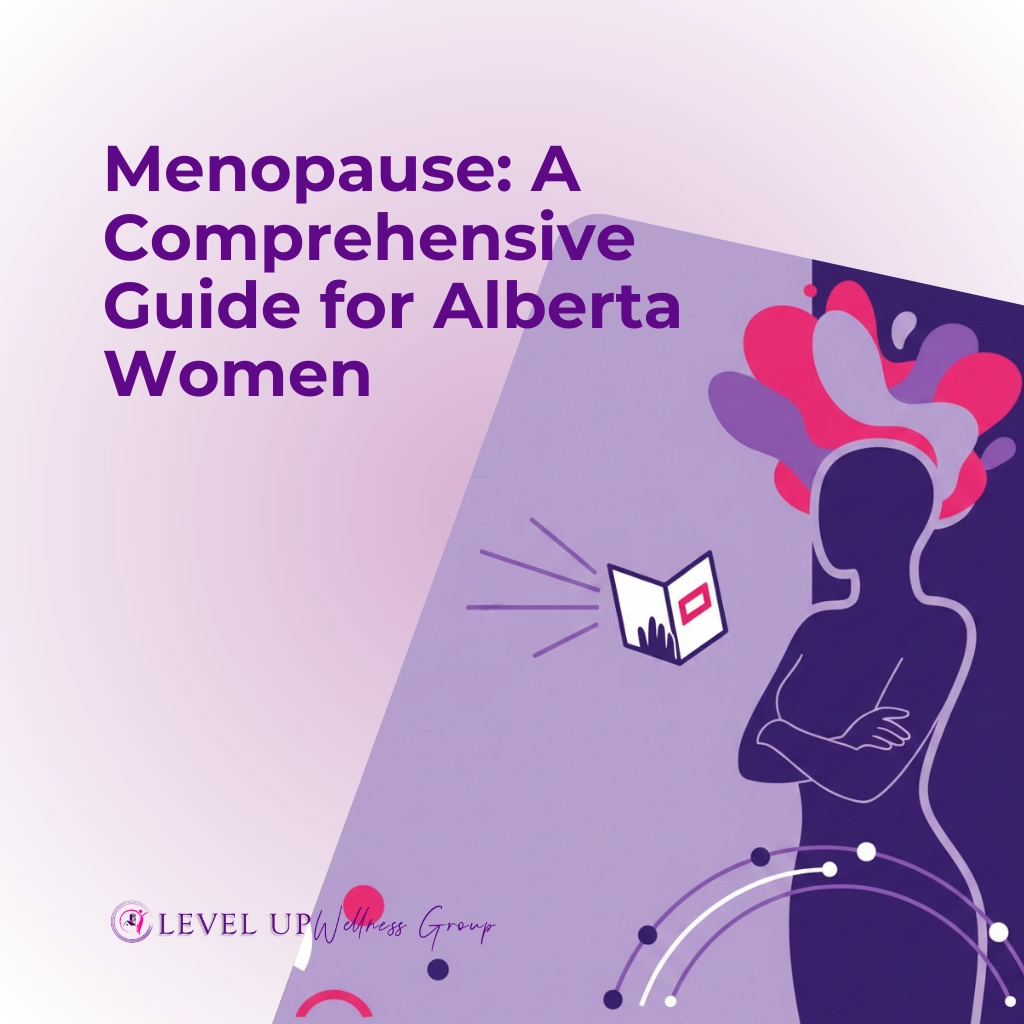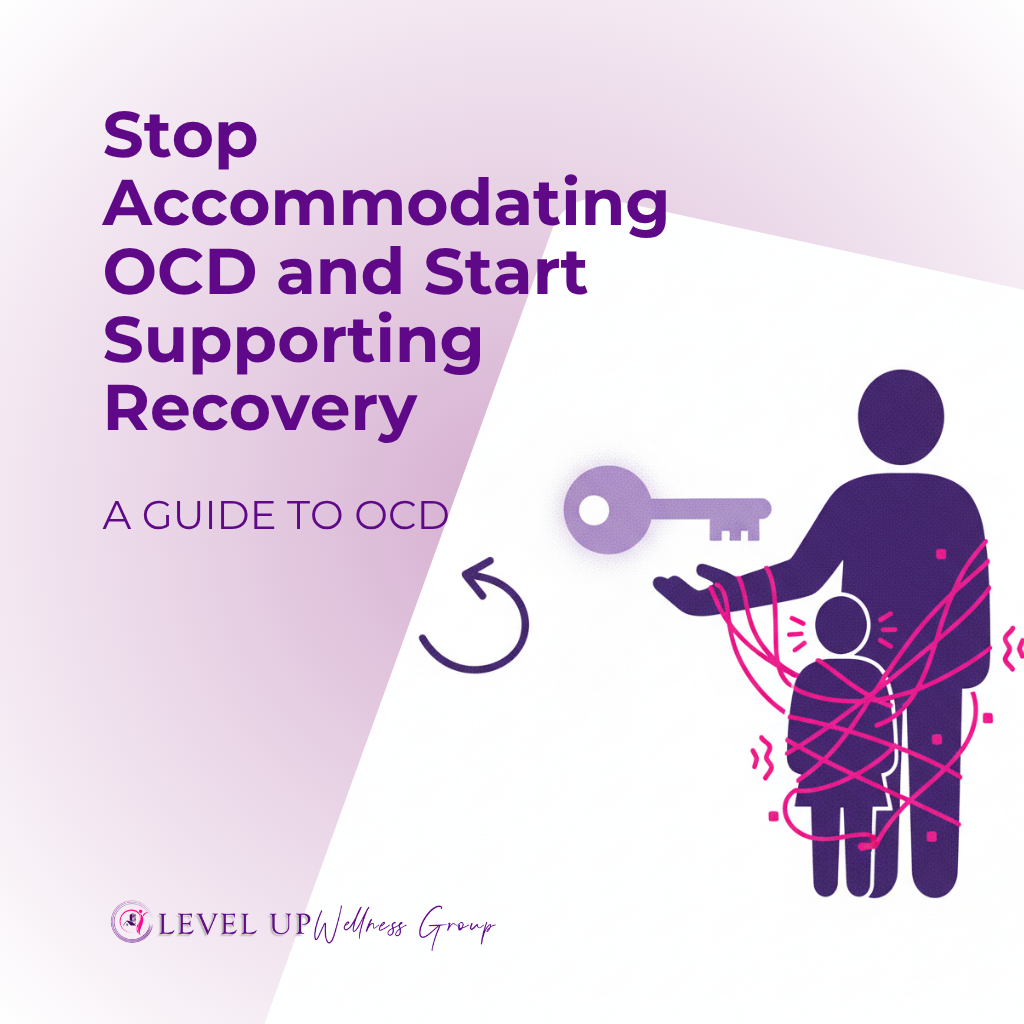
Adolescence is a time of tremendous change—physically, emotionally, and socially. With hormones raging, relationships evolving, and responsibilities increasing, it’s completely normal for teenagers to experience mood swings, frustration, or periods of withdrawal. But sometimes, these changes signal something deeper than the usual growing pains.
As a parent or caregiver, it can be incredibly difficult to tell the difference between typical teen behavior and signs of emotional distress. If you’ve found yourself wondering, “Is this normal?” or “Should I be worried?”—you’re not alone. In this blog, we’ll walk through some of the most common signs that your teen may need counselling support, how to talk about it, and where to turn for help.
Why Teen Mental Health Matters
Teen mental health isn’t just a trending topic—it’s a growing concern globally. Studies show that rates of anxiety, depression, and self-harm in teenagers have increased significantly over the last decade. According to the Canadian Mental Health Association, nearly 20% of young people in Canada are affected by a mental illness or disorder.
The teen years are when many mental health conditions first emerge. And the earlier they’re recognized and treated, the better the outcome. That’s why being able to spot the signs is so important.

What’s “Normal” Teen Behavior vs. Red Flags?
Some changes are simply a part of adolescence—wanting more privacy, expressing independence, or spending more time with friends than family. But when those changes become extreme or persistent, they might point to something more serious.
Typical | Concerning |
Occasional mood swings | Constant irritability or sadness |
Sleeping in on weekends | Oversleeping daily, low energy |
Arguing during stressful times | Frequent explosive outbursts |
Wanting space | Withdrawing completely from family/friends |
Lowered grades during transitions | Sharp, unexplained academic decline |
Emotional & Behavioral Signs to Watch For
A. Emotional Signs
- Prolonged sadness or hopelessness
Feeling down from time to time is normal, but if your teen seems persistently sad for more than two weeks, it could be a red flag. - Increased irritability or anger
Teens may act out when they don’t know how to express what they’re feeling. If your teen becomes uncharacteristically angry or reactive, it may be a sign of inner turmoil. - Expressions of low self-worth
Phrases like “I’m not good enough,” “No one cares,” or “I mess everything up” may reflect deeper emotional pain.
B. Behavioral Signs
- Withdrawing from friends and family
Isolation is a common symptom of depression and anxiety. If your teen consistently avoids social interactions or refuses to participate in activities they once enjoyed, take note. - Sudden academic decline
Struggling to concentrate, skipping school, or failing classes may indicate that your teen is overwhelmed emotionally. - Changes in sleeping or eating habits
Oversleeping, insomnia, skipping meals, or overeating are all signs that something may be off. - Risk-taking or acting out
Substance use, aggression, or dangerous behaviors can be a cry for help or a coping mechanism for deeper emotional issues.
C. Verbal & Non-Verbal Cries for Help
- Saying things like “What’s the point?”
This kind of statement may suggest hopelessness, even if it’s said casually. - Giving away prized possessions
This could be a subtle indicator of suicidal thoughts and should never be ignored. - Avoiding eye contact, long silences, or spending all day in their room
Teens who feel emotionally overwhelmed may shut down as a form of self-protection.
When to Take Action
How to Start the Conversation
- Pick a good time: Aim for a quiet, low-pressure moment—maybe during a car ride or walk.
- Use “I” statements: Say, “I’ve noticed you seem really down lately,” instead of “Why are you acting like this?”
- Listen more than you talk: Let them share without jumping in to fix things.
- Avoid judgment: Stay calm and compassionate, even if you hear something surprising.
What Counselling Can Offer
Therapy can give your teen a safe, confidential space to talk about their feelings with a professional who’s trained to help. Depending on your teen’s needs, therapy might include:
- Cognitive Behavioral Therapy (CBT) – helps with anxiety, depression, and behavior management.
- Talk Therapy – allows teens to express emotions and process challenges.
- Family Therapy – focuses on improving communication and resolving conflicts at home.
- Art or Play Therapy – especially effective for younger teens or those who struggle with verbal expression.
Counselling doesn’t mean something is “wrong.” It’s a tool for growth, resilience, and healing. Learn more about individual therapy and counselling options here.
Where to Get Help (Canada)
- Health Link 811 – Speak to a registered nurse 24/7 for guidance.
- Kids Help Phone – Call 1-800-668-6868 or text CONNECT to 686868 for free, confidential support.
- School Counsellors – Often the first point of contact for mental health referrals.
- Your Family Doctor – Can provide a mental health assessment and referrals.
Final Thoughts
our teenager doesn’t need to be in crisis to benefit from counselling. Sometimes, having a neutral person to talk to is all they need to feel supported and empowered.
The most powerful thing you can do as a parent is stay connected, listen openly, and remind your teen that they’re never alone. If you’re noticing changes, trust yourself—and take that first step.
Reaching out for help is not a failure. It’s a sign of strength—for both you and your child.
Need support?
If you’re ready to explore counselling options or have questions about teen mental health services, don’t hesitate to reach out to a licensed therapist. Help is available—and healing is possible. Start with LUWG’s professional therapy team</a





